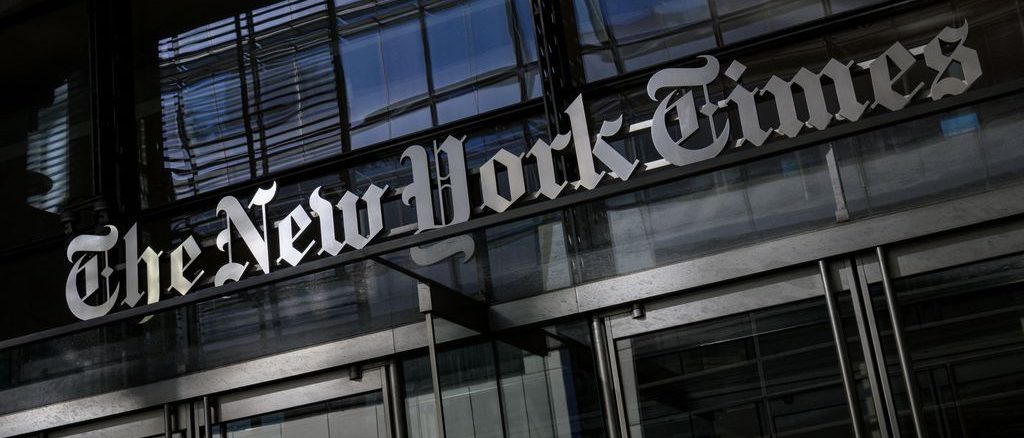
The New York Times files lawsuit against Microsoft and OpenAI
The New York Times has filed a lawsuit against Microsoft and OpenAI for copyright infringement, alleging that the tech companies used millions of articles without permission to train artificial intelligence (AI) software. The newspaper is concerned about potential financial losses, fearing a decline in readership and associated income due to the unauthorized use of its content.
OpenAI and Microsoft argue that they did not require permission as the New York Times articles are public information available on the Internet.
This legal action marks the first instance of a major American media company suing an AI company for the unauthorized use of copyrighted work. Although no specific compensation is specified, the newspaper claims that the companies are liable for billions of dollars in damages. Additionally, the New York Times demands the destruction of all chatbot models and training data utilizing copyrighted material.
The New York Times asserts that OpenAI and Microsoft have benefited financially from its news articles without proper compensation, pointing out that both companies’ valuations have soared through the unpaid use of the copyrighted content.
The outcome of this lawsuit carries significant implications for the role of copyright in the realm of artificial intelligence.
Tech editor Nando Kasteleijn’s insight
“The technology behind AI tools such as ChatGPT has been trained with enormous amounts of data. Copyright holders have long been convinced that OpenAI has used their texts to train models, from which the company now profits without compensating the copyright holders,” remarked Tech editor Nando Kasteleijn.
“It is unclear what data was used to train the technology behind ChatGPT, as OpenAI deliberately maintains ambiguity. The New York Times has engaged in discussions with OpenAI and Microsoft for months, seemingly without a satisfactory resolution for the newspaper. This lawsuit appears to be a form of pressure, and its effectiveness remains to be seen,” Kasteleijn added.
He concluded, “Multiple lawsuits are currently underway, but this legal action by one of the world’s most renowned news brands will undoubtedly elevate the attention on this issue.”

Be the first to comment